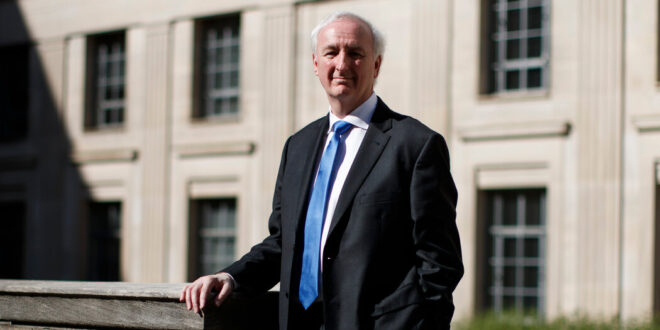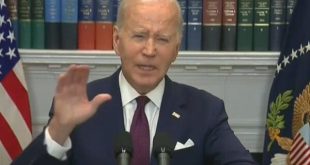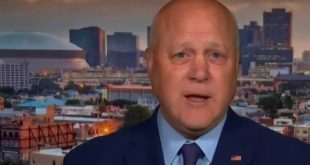WASHINGTON — Jeffrey A. Rosen, who was acting attorney general during the Trump administration, has told the Justice Department watchdog and Congressional investigators that one of his deputies tried to help former President Donald J. Trump subvert the results of the 2020 election, according to a person familiar with the interviews.
Mr. Rosen had a two-hour meeting on Friday with the Justice Department’s office of the inspector general and provided closed-door testimony to the Senate Judiciary Committee on Saturday.
The investigations were opened following a New York Times article that detailed efforts by Jeffrey Clark, the acting head of the Justice Department’s civil division, to push top leaders to falsely and publicly assert that ongoing election fraud investigations cast doubt on the Electoral College results. That prompted Mr. Trump to consider ousting Mr. Rosen and installing Mr. Clark at the top of the department to carry out that plan.
Mr. Trump never fired Mr. Rosen, but the plot highlights the former president’s desire to batter the Justice Department into advancing his personal agenda.
Mr. Clark, who did not respond to requests for comment, said in January that all of his official communications with the White House “were consistent with law,” and that he had engaged in “a candid discussion of options and pros and cons with the president.”
Mr. Rosen did not respond to requests for comment. The inspector general’s spokesman declined to comment.
Mr. Rosen has emerged as a key witness in multiple investigations that focus on Mr. Trump’s efforts to undermine the results of the election. He has publicly stated that the Justice Department did not find enough fraud to impact the outcome of the election.
Mr. Rosen on Friday told investigators from the inspector general’s office about five encounters with Mr. Clark, including one in late December during which his deputy admitted to meeting with Mr. Trump and pledged that he would not do so again, according to a person familiar with the interview.
Mr. Rosen also described subsequent exchanges with Mr. Clark, who continued to press colleagues to make statements about the election that they found to be untrue, according to a person familiar with the interview.
He also discovered that Mr. Clark had been engaging in unauthorized conversations with Mr. Trump about ways to have the Justice Department publicly cast doubt on President Biden’s victory, particularly in battleground states that Mr. Trump was fixated on, like Georgia. Mr. Clark drafted a letter that he asked Mr. Rosen to send to Georgia state legislators, wrongly asserting that they should void Mr. Biden’s victory because the Justice Department was investigating accusations of voter fraud in the state.
Trump’s Bid to Subvert the Election
Such a letter would effectively undermine efforts by Mr. Clark’s colleagues to prevent the White House from overturning the election results, and Mr. Rosen and his top deputy, Richard P. Donoghue, rejected the proposal.
As details of Mr. Clark’s actions emerge, it is unclear what, if any, consequences he could face. The Justice Department’s inspector general could make a determination about whether Mr. Clark crossed the line into potentially criminal behavior. In that case, the inspector general could refer the matter to federal prosecutors.
Mr. Rosen has spent much of the year in discussions with the Justice Department over what information he could provide to investigators, given that decision-making conversations between administration officials are usually kept confidential.
Douglas A. Collins, a lawyer for Mr. Trump, said last week that the former president would not seek to bar former Justice Department officials from speaking with investigators. But Mr. Collins said he might take some undisclosed legal action if congressional investigators sought “privileged information.”
Mr. Rosen quickly scheduled interviews with Congressional investigators to get as much of his version of events on the record before any players could ask the courts to block the proceedings, according to two people familiar with those discussions who are not authorized to speak about ongoing investigations.
He also reached out directly to Michael E. Horowitz, the Justice Department’s inspector general, and pledged to cooperate with his investigation, according to a person briefed on those talks.
 Top Naija News – Nigeria News, Nigerian News & Top Stories Top Naija News – Nigerian Newspapers, Nigerian News. topnaijanews is a daily Nigerian newspaper covering Latest News, Breaking News, Entertainment, Sports, Lifestyle and Politics.
Top Naija News – Nigeria News, Nigerian News & Top Stories Top Naija News – Nigerian Newspapers, Nigerian News. topnaijanews is a daily Nigerian newspaper covering Latest News, Breaking News, Entertainment, Sports, Lifestyle and Politics.




